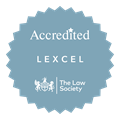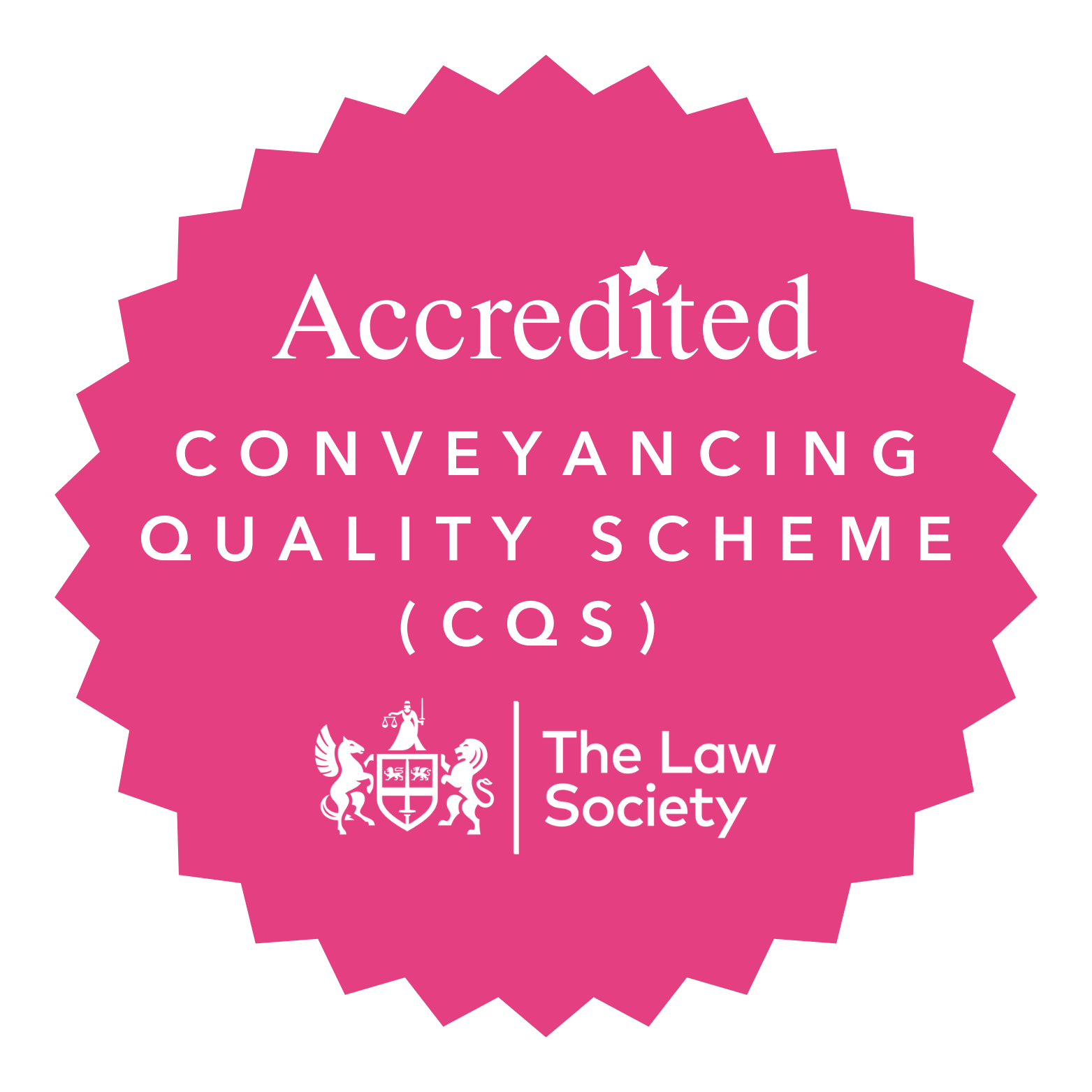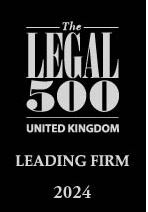Moving in together? How to protect your assets through a Declaration of Trust
In today's society, there is an increasing trend for first-time home buyers to rely on the ‘Bank of Mum and Dad’, relatives or friends to help fund their first house purchase. Legal and General recently predicted that increased family financial support would reach £10 billion by the end of 2025. Without the support of others many would simply not be able to get on the property ladder. More couples are also economising by choosing to live together rather than getting married, in light of this, couples often seek legal advice to protect their assets.
Two key documents that can help address these concerns are a Declarations of Trust and Cohabitation Agreements. In this blog post, we'll compare the differences between the two but will delve deeper into what a Declaration of Trust entails, why they're important, and how they can protect both partners in a relationship and other investors in a property. Given that nearly half of UK marriages end in divorce and that the break-up rate for unmarried couples is even higher, it makes sense to put a safety net in place.
What is a Declaration of Trust?
A Declaration of Trust serves as a legal document outlining the ownership percentage rights and responsibilities of individuals jointly owning property, whether it is a home or a business. It provides clarity on each party's share in the property, procedures for handling disputes, and actions to take in the event of the business closing, separation, or death.
What is the purpose of a Declaration of Trust?
The primary purpose of a Declaration of Trust is to establish a clear framework for handling property ownership in the event of changes in circumstances. It ensures that everyone receives their entitled share and prevents misunderstandings or conflicts, particularly for unmarried couples. This legally binding document also promotes equity by precisely setting out each person's share and provides a fair and transparent mechanism for distributing proceeds or determining buyout amounts. Additionally, it can detail how expenses will be shared and outline procedures for selling the property in the future.
Who should consider a Declaration of Trust and why?
- Couples making unequal contributions to a property purchase. To ensure transparency and fairness by clarifying ownership stakes and repayment terms.
- Third-party investors in a property. To protect their interests by outlining repayment conditions and ownership shares.
- Business partners entering into property ventures.To minimise disputes and safeguard investments by defining ownership shares and dispute resolution mechanisms.
- Unmarried cohabitants seeking property protection. To establish ownership rights and financial contributions to avoid potential disputes.
- Cohabiting friends or family members making unequal financial contributions. To secure investments and reduce conflicts by formalising ownership arrangements.
What is the difference between a Cohabitation Agreement and a Declaration of Trust?
While both documents are important legal documents for couples living together, they serve different purposes but can complement each other in clarifying legal arrangements within a relationship.
A Cohabitation Agreement addresses broader aspects of the couple's relationship, including financial matters, property rights and day-to-day management as well as non-financial aspects of the relationship such as custody, maintenance and visitation rights of children should the relationship break down.
On the other hand, a Declaration of Trust specifically addresses property ownership, outlining each owner’s interests and how any sale proceeds should be shared.
As unmarried couples who live together do not automatically have the same legal rights to each other’s property if they decide to break up, or if one of them dies, a Declaration of Trust would ensure that their share of the property is safeguarded in the future.
What can a Declaration of Trust include?
A Declaration of Trust can specify;
- The amount each person contributes to the deposit, and how much will be repaid. For example, you may wish to state that each owner gets their initial deposit back and the remaining equity is split equally.
- What percentage of the property each person will own, and how the money will be split should the property be sold;
- How much each owner will contribute to mortgage payments, legal fees and utility bills. However, it’s important to note that any mortgage lender will still regard payments as joint or several so if there are two or more people are named on the mortgage, they will both be liable;
- Calculation of each person's share based on mortgage payments or property improvements.
What are the legal requirements for a Declaration of Trust? Who deals with Declaration of Trusts?
When buying a property, the conveyancing solicitor will raise questions regarding Declaration of Trust agreements. The property will either be classed as being:
- Joint tenants
- Tenants in common with equal shares in the property
- Tenants in common with shares set out in the Declaration of Trust agreement
Similarly, should you arrange your wills with a solicitor you will be asked the same question including provisions of sale. Remember, the document would need to be signed by independent witnesses to be recognised by law.
What does a Declaration of Trust include?
The document sets out the agreed contributions by each person, including;
- Each party's contribution to the property deposit and repayment terms.
- Portions of the mortgage each person will pay.
- Contributions towards other outgoings such as utilities and bills.
- Agreed methods for buying each other out or valuing the property.
- Procedures for distributing proceeds from a sale based on ownership shares.
- Agreements on handling changes in property value and their impact on ownership shares.
When would I need to update a Declaration of Trust?
Should your circumstances change, for example:
- You inherit a lot of money and want to pay off the mortgage,
- When you sell the property and buy a new one,
- If one of the owners were to lose their job and can’t manage their payments,
- You fall ill or have a change in income or expenditures,
- You should revisit the Declaration of Trust with a solicitor to ensure it reflects current circumstances and protects all parties' interests.
In addition, the principles outlined in section 25 of the Matrimonial Causes Act 1973 come into play if the marriage breaks down. While this doesn't invalidate the Declaration of Trust, it's essential to include provisions regarding marriage within the document.
Many individuals opt to complement the Declaration of Trust with a prenuptial agreement, aligning its provisions with those of the Declaration of Trust to increase the likelihood of upholding its terms in the event of divorce.
Will my Declaration of Trust be held up in a court of law?
If you are seeking enforcement through a property of civil law court your Declaration of Trust will be upheld. However, if you are seeking enforcement through a family law court the Judge is able to uphold it, ignore it or vary it, to support fairness. This is based on matrimonial law principles that the declaration can be altered depending on the needs of the parties involved going forward and the additional complications of housing and raising children.
How do I protect my share?
To ensure you protect your share of a property or business, you should enter into a pre or post nuptial agreement. Similarly, if you hold a share in a property with a non-romantic third party and that third party intends to get married, it is important to request the third party draws up a nuptial agreement to protect your interests.
Ultimately, it is suggested that you enter into a pre-nuptial or post-nuptial agreement to incorporate the same or similar provisions as the cohabitation agreement or Declaration of Trust if you want to increase the chances of it being upheld should your marriage break down.
Consulting legal professionals for expert guidance and assistance in drafting and executing these agreements is essential for peace of mind and long-term security.
Rather than worry about things, take some advice from our experienced team. Contact sdavies@pickerings-solicitors.com or call 01827 317070.
See also:
The contents of this article are intended for general information purposes only and shall not be deemed to be or constitute legal advice. We cannot accept responsibility for any loss as a result of acts or omissions taken in respect of this article.




